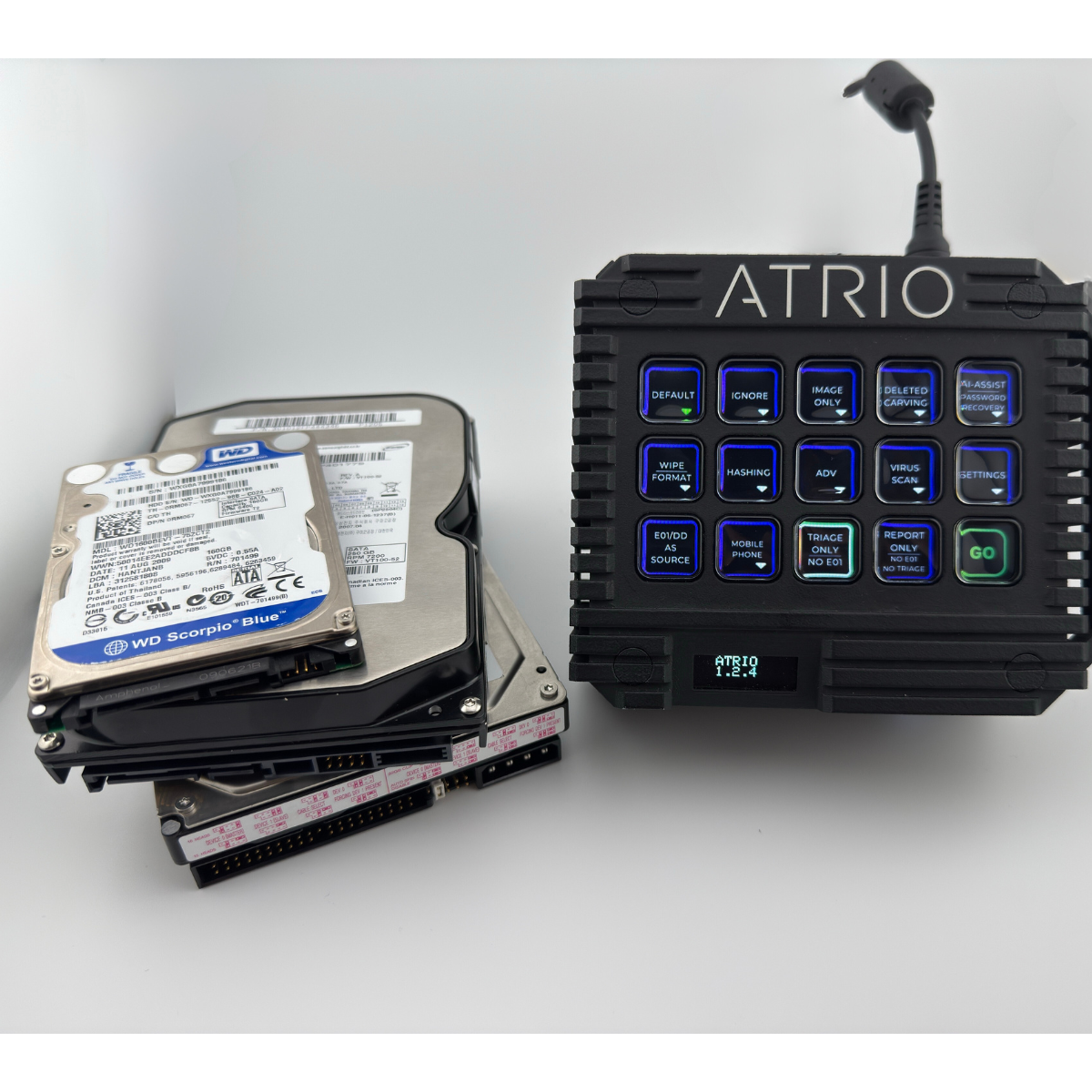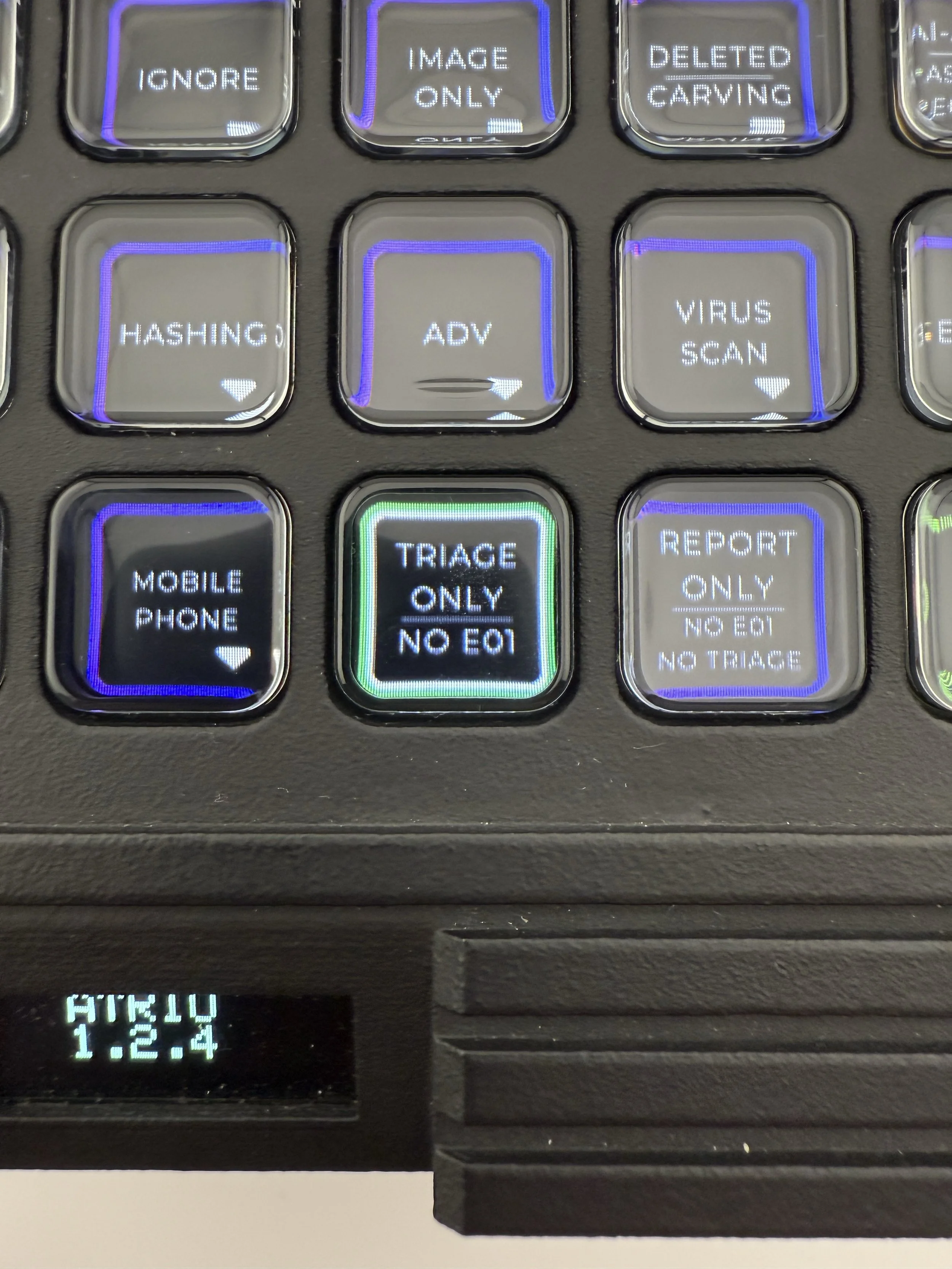Full Disk Image Not Required
The sheer volume of data stored on personal devices is staggering and is a continuously growing problem. From smartphones with hundreds of gigabytes or even a terabyte of space to laptops and external hard drives holding terabytes of information, the capacity to store data has outpaced our ability to manage it. This presents a serious challenge for investigators and everyday users alike: how do you collect and process only what’s needed without getting buried under unnecessary data?
The Cost of Data Storage
As technology advances, the cost of storing data is no longer limited to how much space a device offers but extends to the infrastructure needed to store, process, and maintain that data. For digital forensics labs, this cost includes keeping arrays vast of servers or costly cloud storage solutions to house full disk images from multiple investigations. Each investigation can result in tens or even hundreds of terabytes of data, quickly adding up. In scenarios where storage budgets are tight or physical space is limited, labs face difficult decisions on how much data they can afford to keep on hand.
But the cost isn’t just financial—there’s also the cost of time. A full disk image takes time to collect and analyze, often delaying the investigation while examiners sift through mountains of irrelevant data to find the digital evidence that matters. This approach might be necessary for large-scale investigations, but for smaller cases or everyday data recovery tasks, the full disk image may be overkill.
The Challenge of Collecting Everything on Scene
ATRIO MK II
Triage Only | No E01
When forensic investigators arrive on-site, they often face the dilemma of whether they can image the entire device or collect specific information. The answer is “it depends”. Our favorite phrase to use in the digital forensics industry! Imagine having to image every drive, including redundant files or system logs that have no bearing on the case. For many small-scale investigations or data recovery tasks, this “image everything” approach is unnecessary and impractical.
We recently worked with a client to recover precious family memories spread across several old hard drives. This wasn’t a forensic case but a simple data recovery project to consolidate years of pictures into one place, freeing up their physical storage in their home and preserving what was necessary. Rather than imaging entire drives, which would have taken hours and consumed significant storage space, we used a triage approach. This allowed us to recover only the needed photos without getting bogged down in irrelevant data, saving time, space, and resources for reviewing the data.
The Power of ATRIO’s Triage-Only Option
This is where ATRIO MK II’s Triage-Only option shines. ATRIO’s Triage capability allows investigators to selectively collect only the data that matters. Whether it's recovering photos, emails, or specific documents, the examiner can bypass the irrelevant and go straight to the core of the investigation. This is particularly valuable for cases where time is of the essence, or a full disk image is unnecessary.
For example, in the family photos recovery case, we used ATRIO’s Triage-Only feature to quickly scan through multiple drives, identify the photos that mattered, and leave everything else untouched. This saved time and avoided the need for massive storage to hold full images of the drives, which would have been filled with irrelevant system files and duplicates. In this case, the ability to triage the data meant a quicker, more efficient recovery, and the client was thrilled to have their memories back without the delays.
Another example of ATRIO MK II’s Triage-Only option being invaluable is when working in multi-team environments where forensic images have already been captured and sent to the lab. Instead of wasting time on full data transfers or manual analysis, investigators can use ATRIO MK II to mount the drive containing the image files and triage only the essential data. ATRIO quickly targets relevant artifacts, allowing you to focus on the details that matter to your case. This streamlined approach declutters the workflow, minimizes unnecessary processing, and enables faster collaboration between teams, expediting the investigation process.
Conclusion
Using a triage approach, forensic investigators and everyday users can solve their data storage challenges, recover precious memories, and conduct investigations more efficiently without the burden of unnecessary data. ATRIO MK II's Triage-Only option is the key to balancing necessary and practical in an increasingly data-heavy world.
Want to learn more about ATRIO’s Triage Capabilities? Request a demo!


